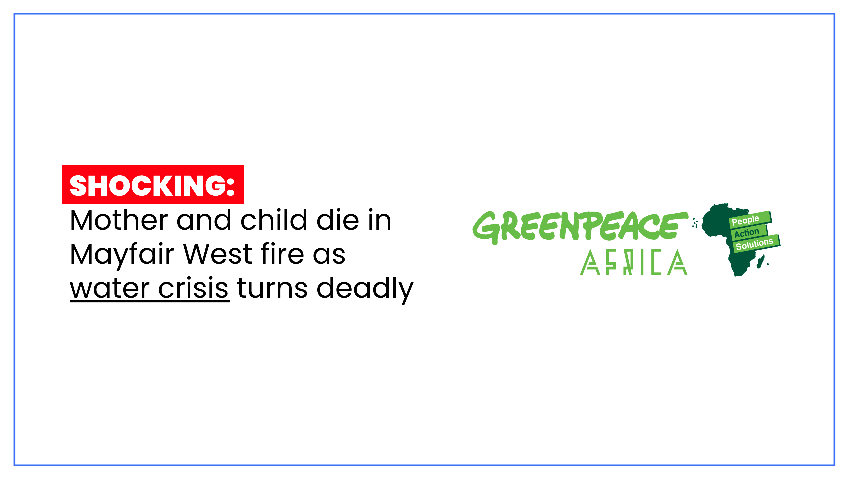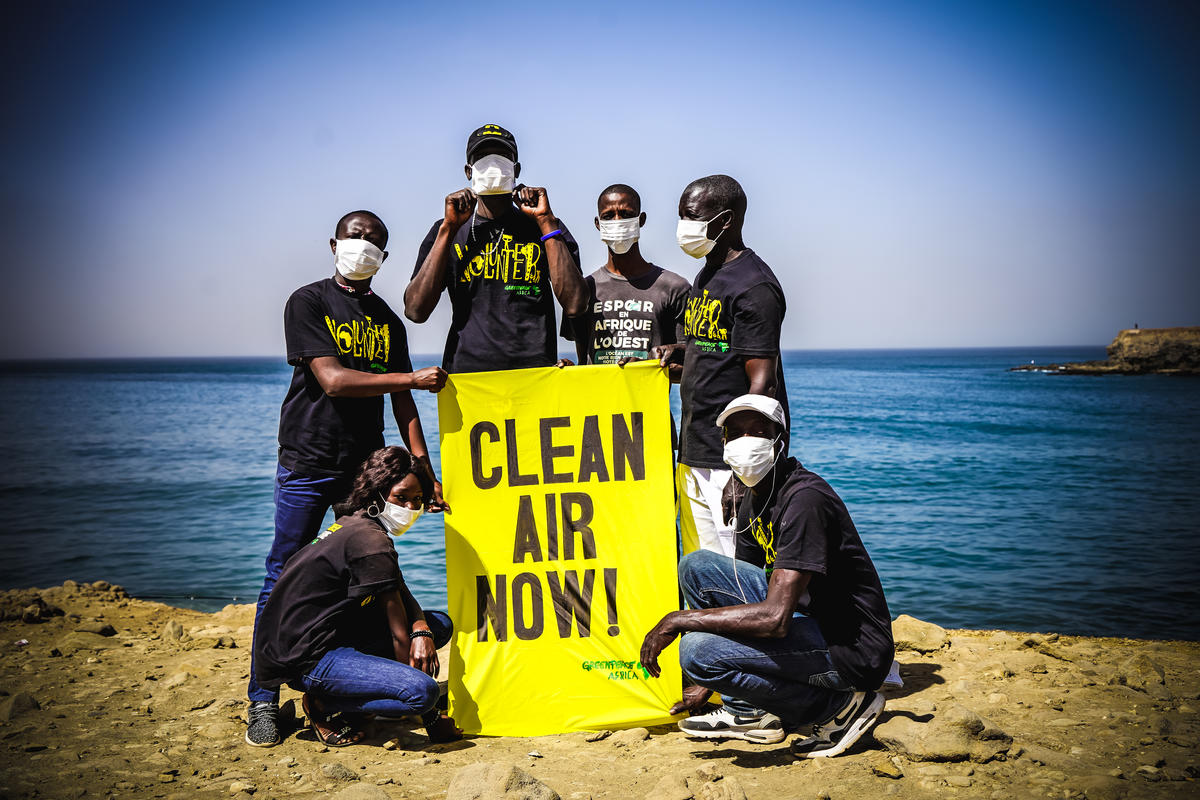Hi, my name is Delwyn Pillay, I’m a volunteer activist for Greenpeace Africa, based in Durban, Kwa-Zulu Natal. I’m proud to have been part of several successful Greenpeace campaigns.

(2017) ~ Thai Union commits to more sustainable, socially-responsible seafood
My first was the global Greenpeace #NOTJUSTTUNA campaign/expedition on board the Greenpeace ship the Esperanza. The campaign targeted the world’s largest producer of canned tuna, Thai Union for its shady and destructive tuna sourcing. Human rights abuses in its seafood supply chains are among the company’s grave offences.
Following the campaign, global Greenpeace campaign ~ Thai Union Group PCL committed to measures that will tackle illegal fishing and overfishing, as well as improve the livelihoods of hundreds of thousands of workers throughout the company’s supply chains.
Thai Union’s new commitments build upon its sustainability strategy SeaChange®, including efforts to support best practice fisheries, improve other fisheries, reduce illegal and unethical practices in its global supply chains, and bring more responsibly-caught tuna to key markets.
Thai Union agreed to a comprehensive package of reforms, including commitments to:
> Reduce the number of fish aggregating devices (FADs) used globally in its supply chains by an average of 50% by 2020, while doubling the amount of verifiable FAD-free fish available in markets globally in the same period. FADs are floating objects that create mini ecosystems and may result in the catch of marine species, including sharks, turtles, and juvenile tuna.
> Extend its current moratorium on at-sea transhipment across its entire global supply chain unless new strict conditions are met by suppliers. Transhipment at sea enables vessels to continue fishing for months or years at a time and has the potential to facilitate illegal activity.
> Ensure independent observers are present on all longline vessels transshipping at sea to inspect and report on potential labor abuse, and ensure 100 percent human or electronic observer coverage across all tuna longline vessels it sources from.
> Develop a comprehensive code of conduct for all vessels in its supply chains, to complement the existing and strengthened Business Ethics and Labor Code of Conduct, to help ensure workers at sea are being treated humanely and fairly, and third-party independent audits with publicly accessible results and clear timelines to ensure its requirements are being met.
> Shift significant portions of longline caught tuna to pole and line or troll-caught tuna by 2020 and implement strong requirements in place to help reduce bycatch. Longline vessels present a risk for catching non-target species like seabirds, turtles, and sharks.
> Move to full digital traceability, allowing people to track their tuna back to the vessel it was caught on and identify the fishing method used.
Ref:
(2017) The Department of Environmental Affairs granted an extension on submitting the full joint appeal against the new nuclear plant
The next victory that I was part of was also in 2017, when we occupied the Department of Environmental affairs building in Pretoria, in protest against the environmental authorisation that was issued for a nuclear power station to be built at Duynefontein, north of Koeberg in the Western Cape. We made it clear – that we would only move when the Minister came to address us and scrapped the authorisation on the new nuclear plant. I was part of the climbing team that hung up the ‘STOP NUCLEAR! PROTECT OUR FUTURE’ banner at the entrance of the Department of Environmental affairs.
Following the action, we were informed that an extension has been granted for submitting Greenpeace Africa’s full joint appeal (with Earthlife Africa Johannesburg and SAFCEI) until the following year. This gave all stakeholders a chance to fully state their case against nuclear.
Ref:
https://www.vuma.earth/petitions/say-no-to-the-new-duynefontein-nuclear-power-plant



